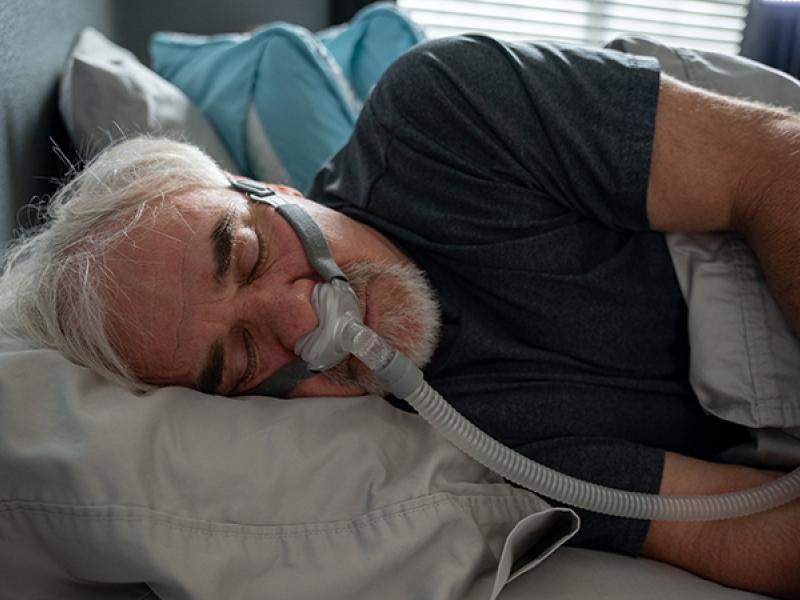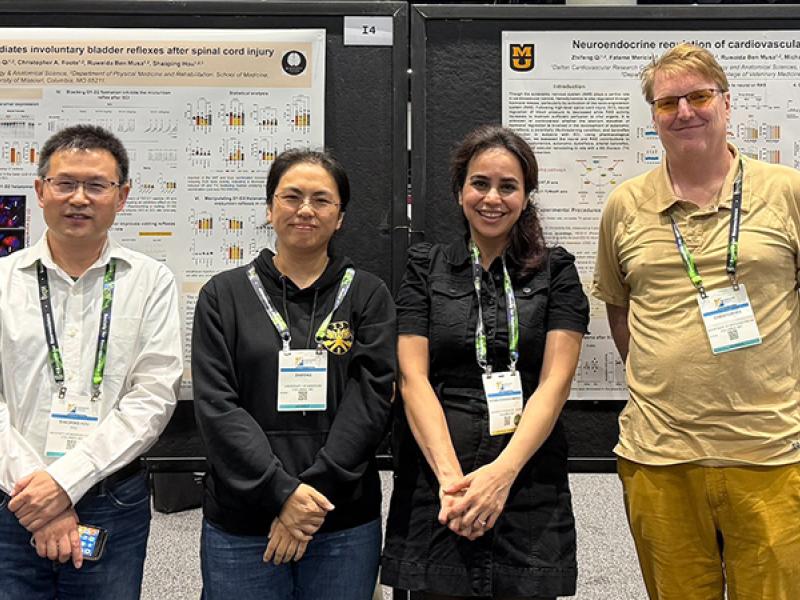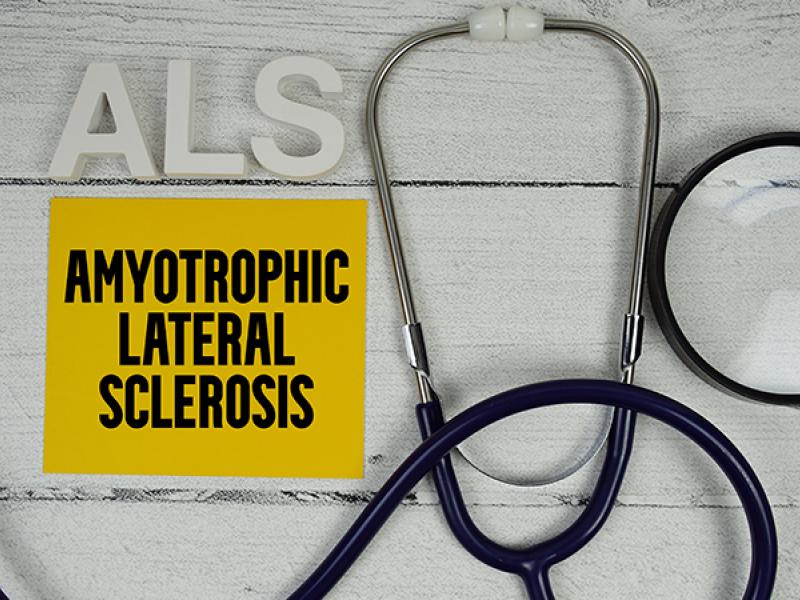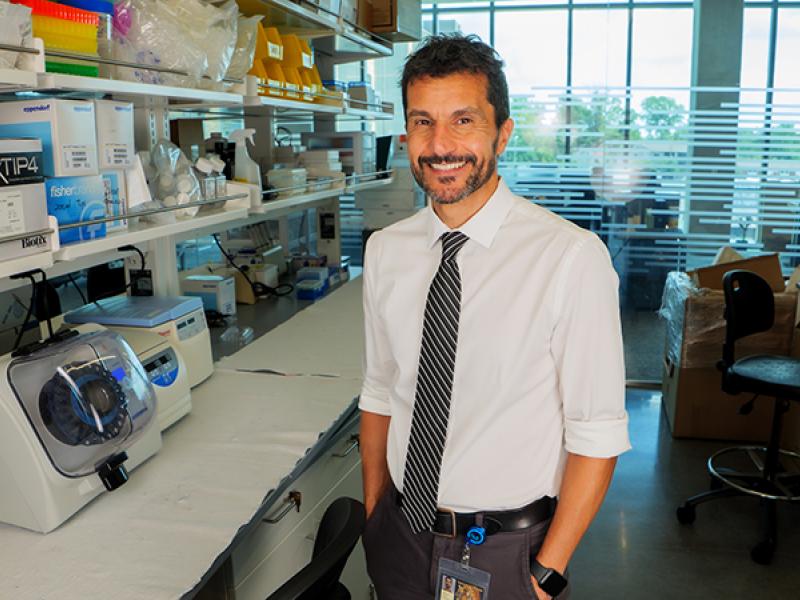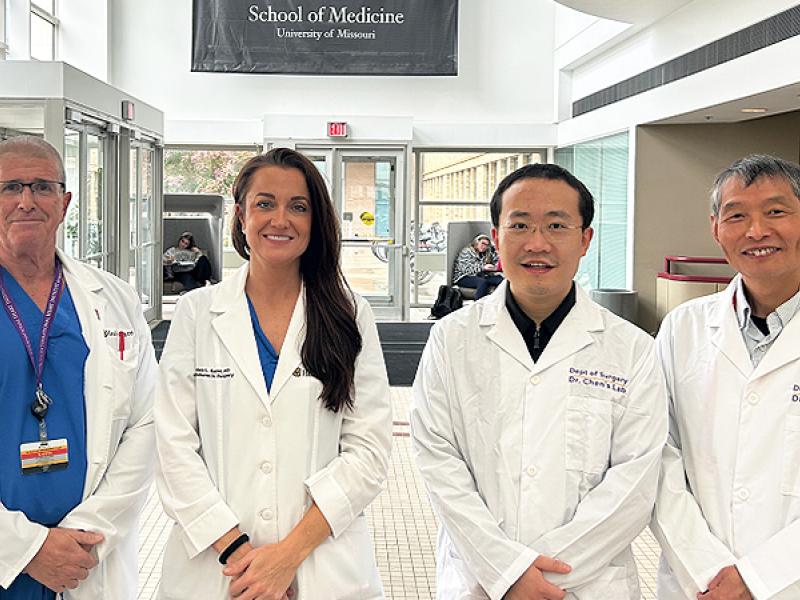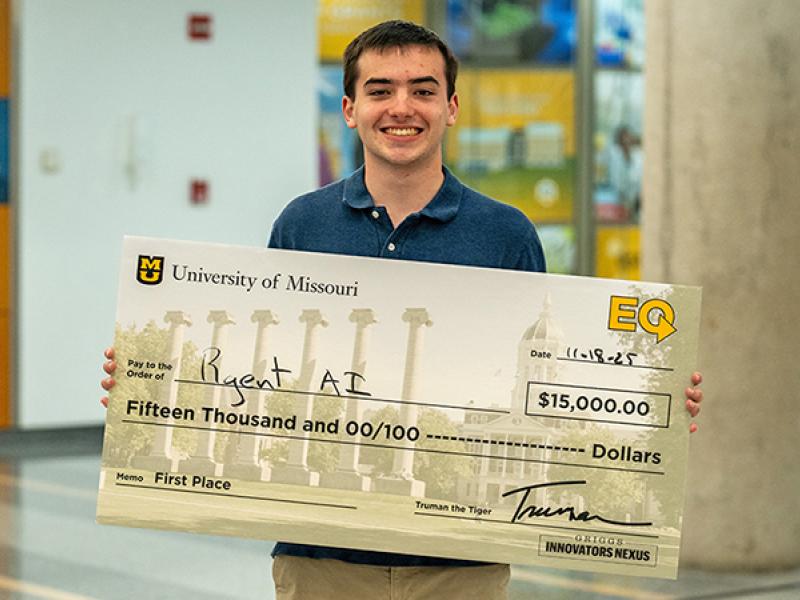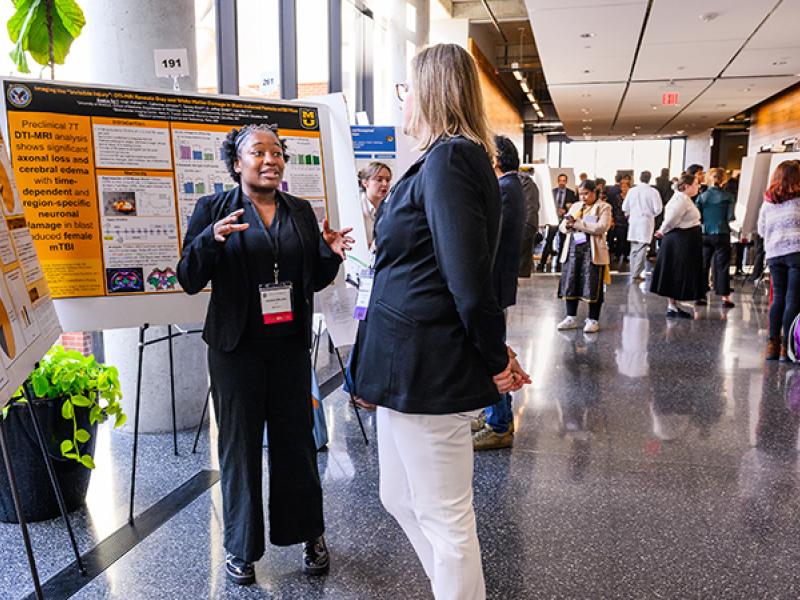
Awards and Honors
Raghuraman Kannan, PhD, named 2025 NAI Fellow
(12/15/25) Two professors at the University of Missouri are joining the ranks of the most prestigious academic inventors in the country. Curators’ Distinguished Professor Raghuraman
...


